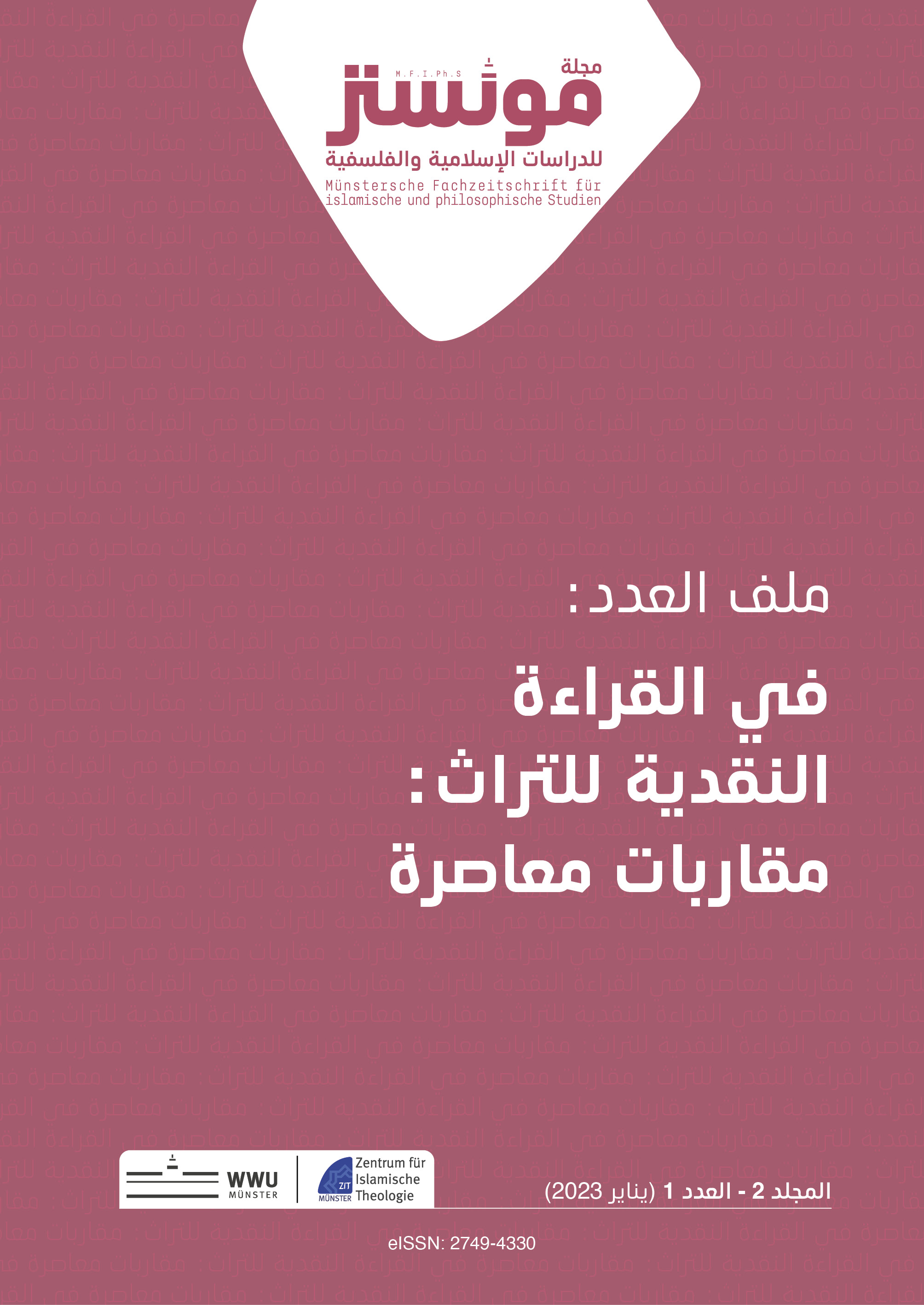Freedom and Pluralism in Islam: A Cultural Interpretation
DOI:
https://doi.org/10.17879/mjiphs-2023-4618Keywords:
Freedom, Pluralism, culture, doctrineAbstract
Freedom is a prerequisite for pluralism, and pluralism is an inevitable consequence of freedom, and a pluralistic society of ideas and beliefs is inconceivable without freedom. Although the term pluralism has no historical root in the Islamic vocabulary, its content is similar to the Quranic term “ikhtilāf”, which is a divine law according to Islamic belief. Recognizing the value of freedom depends on the methodology of examining the texts of Islam, whether the Qur’an or the Sunna. The paper aims to address the relation between freedom and pluralism as seen by Muslim thinkers and related concepts such as “taklīf”, “qadar” Predestination, “Ijmāʿ” consensus and “al-amr bilmaʿrūf” enjoining good, with a focus on the cultural dimension behind these concepts, and its impact on formulating the concepts of freedom and pluralism. The paper also distinguishes between Islam based on the Qurʼan and the Sunna, which I will refer to as “the Islam of theory”, and the historical experience of Muslims and what it has produced in terms of jurisprudence, which I will refer to as “the Islam of practice”.




